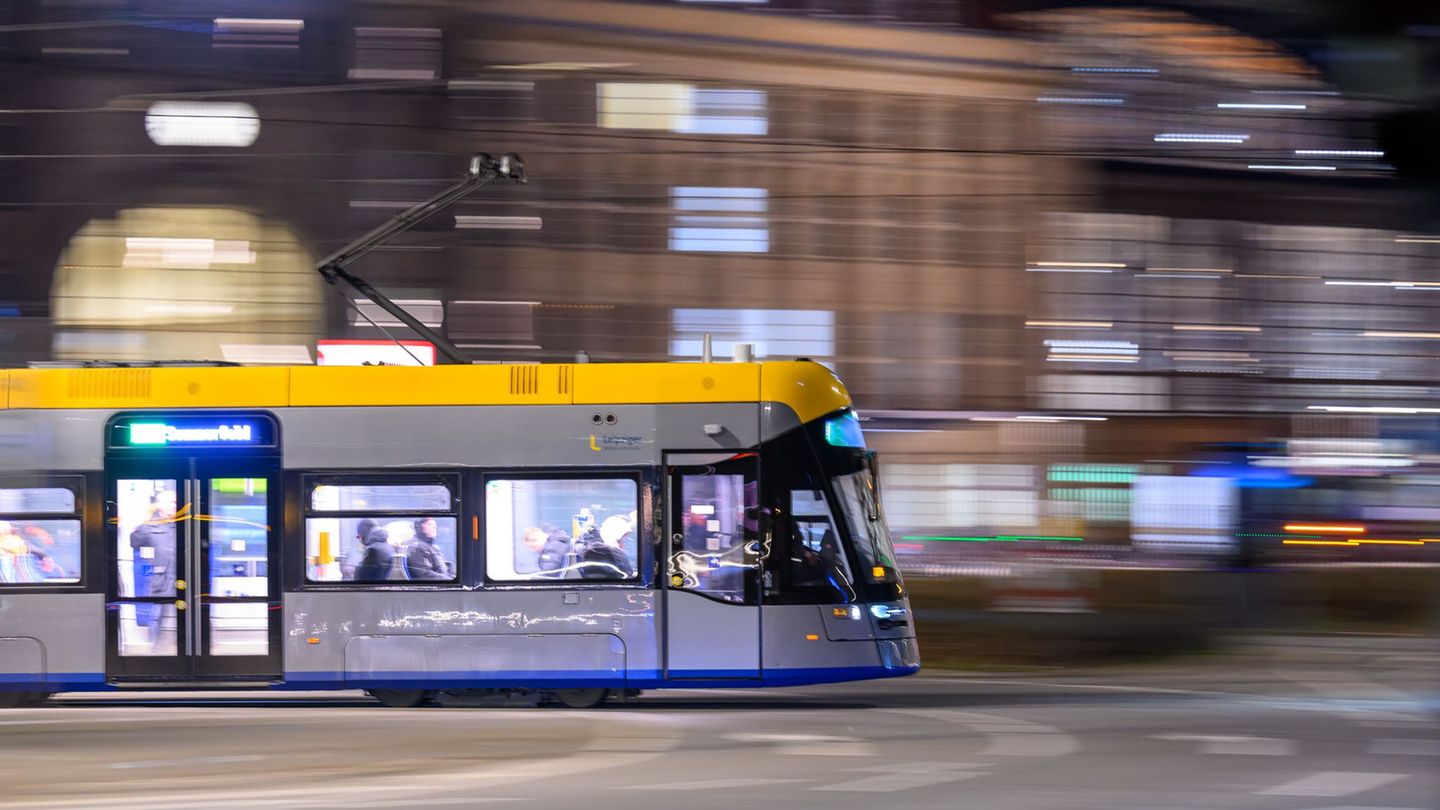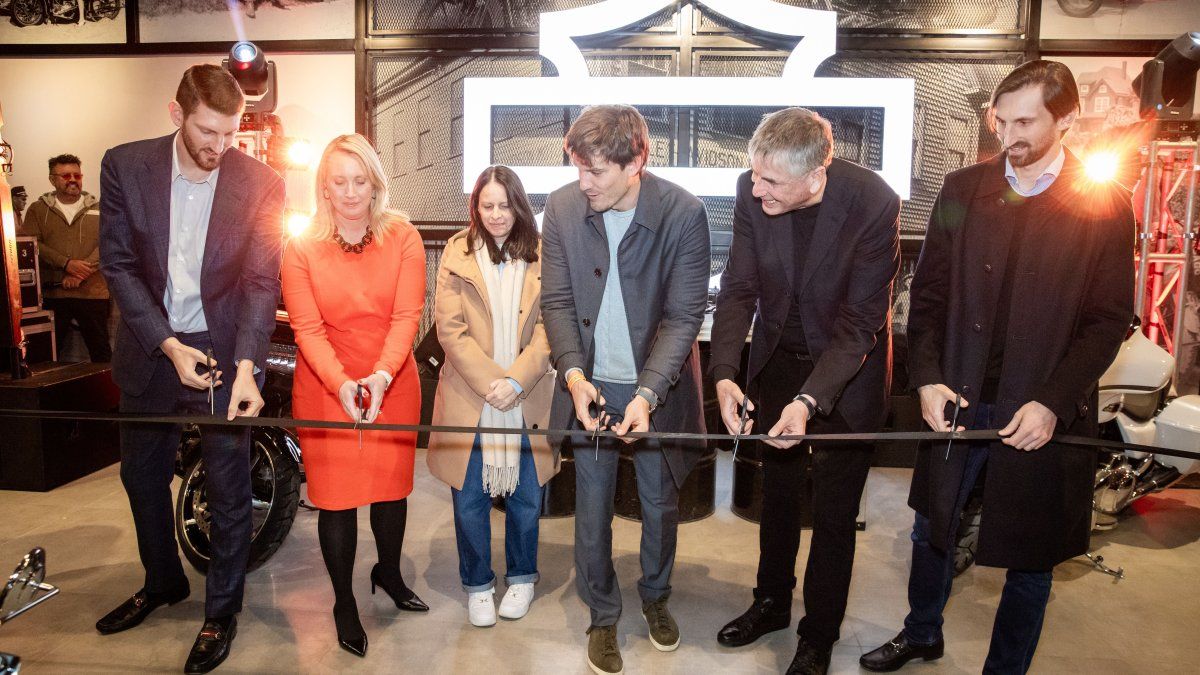Local transport in large cities
Study: Expansion of bus and train in cities is hardly progressing
Copy the current link
Add to the memorial list
Public public transport should significantly help Germany to achieve its climate goals. For this, the offer would have to be expanded. The opposite happens in many places.
According to the Greenpeace environmental organization, the expansion of the bus and train range is hardly progressing in most German cities. In Berlin and four other cities, local public transport (public transport) has even been painted together in the past two years, the study said that the German Press Agency has existed. Only a third of the cities have noticeably expanded local transport since 2023 – that is, more than one percent.
“In order to achieve the climate goals in traffic, the public transport offer would have to grow by at least 4.5 percent per year,” it says. This only achieves Leipzig.
Decline in Berlin – Plus in Leipzig and Nuremberg
“Public transport is the backbone of a clean, climate-friendly traffic, but in most cities there is expansion on the creep lane,” said Greenpeace traffic expert Lena Donat. “Germany’s cities need a booster for bus and train, and the federal government has to help them financially.”
According to the study, the decline with a minus of 7.1 percent in the capital Berlin was highest. But also in Kiel (minus 3.7 percent), Cologne (-3.1), Frankfurt am Main (-2.8) and in Karlsruhe (-2.5), the offer shrank significantly. On the other hand, there was hardly anything in twelve cities – the increase or acceptance was one percent at plus/minus. In contrast, the offer in Leipzig increased by 14.6 percent. Also Nuremberg (+5.4), Aachen (4.3), Münster (3.9) and Dresden (3.1) recorded significant growth.
Missing staff and lack of money are usually the reasons
According to Greenpeace, the most important reasons for decline and stagnation are missing personnel and inadequate financing. Bus drivers were particularly lacking in Berlin. There would also be a outdated subway fleet, which always leads to delays and train failures. For a long time ordered but repeatedly delayed new subway trains are to go into operation gradually from September. Despite everything, Berlin still has a very good public transport offer, emphasized Greenpeace.
Leipzig is at the top of the table. The city in Saxony decided in 2023 to introduce the “line network of the future” and to improve the public transport offer in three steps. Since 2024, the city has been offering additional bus lines and denser bars on several bus and tram lines. But here too there were threatening financial problems.
According to Greenpeace, Berlin and other cities themselves come to a lower return of offer than the survey. The difference is probably due to different calculation methods, it is said. For example, longer trains would not be taken into account in the evaluation.
The public transport was examined in the 30 largest cities in Germany. The basis is the number of descents from publicly accessible timetable. For Bielefeld, Bremen and Mannheim, the data records were incomplete.
dpa
Source: Stern




